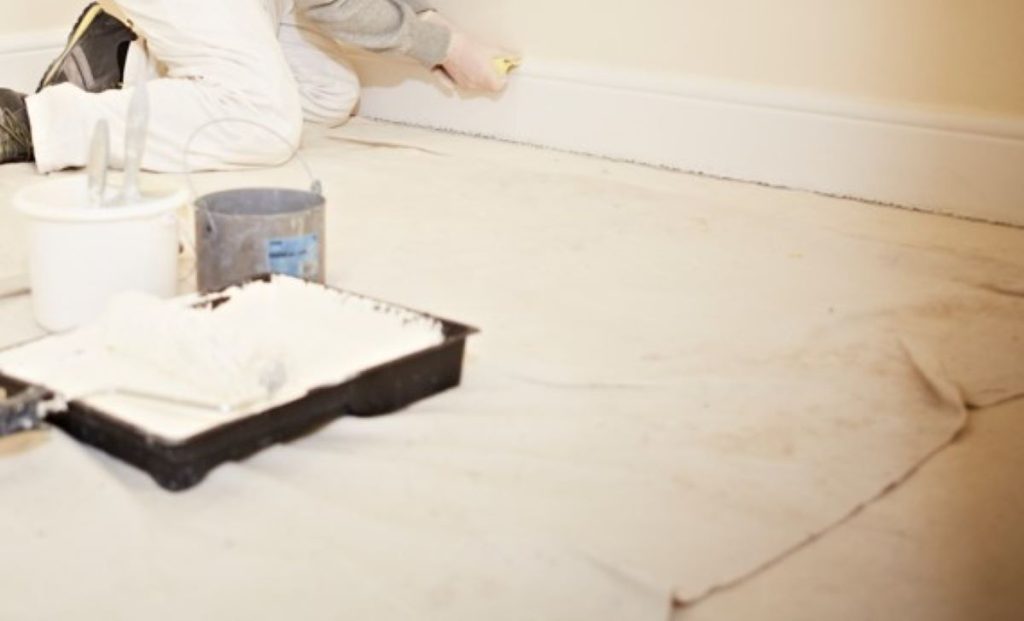
Whether you’re looking to build your own business or working on a one-off project, completing a home renovation can be hugely rewarding, exciting and potentially, incredibly lucrative.
There is, however, a long checklist of things that you need to consider throughout each stage of the process, and there will no doubt be at least a couple of hurdles along the way.
While it’s impossible to cover all of the dos and don'ts in a single post, below we’ve run through some of the biggest things you should know when trying to flip a house.
Finding the right property
You obviously want to get off to the best possible start, and finding the right property for your expertise and budget is essential to doing just that.
Set your budget before you begin looking and research up-and-coming areas where house prices are likely to be less than already established sought-after postcodes. If a house has been on the market for some time, the owners may be willing to listen to a lower offer than the listing.
Once you’ve found a potential property, try and assess in as much detail as possible how much work will be needed, factoring in whether you’d need a qualified professional to carry out work, or whether some or all of it, can be done yourself.
It’s important to remember that some of the more complex work, by law, will have to be carried out, or verified, by a qualified professional. For example, it’s illegal for anyone who isn’t on the Gas Safe Register to carry out work that impacts gas-carrying components.
Another thing to consider is whether you’ll need planning permission to carry out work, such as extensions.
Planning your renovation
Once you’ve decided on a property, you’ll want to begin with a survey to check if the house is structurally sound. A measured survey can be handy for anyone wanting to get a more accurate map of the living space.
Once you have a clearer vision of what is needed, revisit your finances and ensure you have accounted for each stage of the renovation. At this point, it’s also important to plan for the unexpected. It’s rare that a home renovation doesn’t throw at least one curve ball, and so setting aside a buffer could prove potentially priceless further down the line.
Research remains vital throughout the whole process. Find out what materials work best for both your budget and the aesthetic you’re going for. Similarly, if you do require the expertise of tradespeople, take the time to research reliable experts who may be more expensive initially, but will no doubt save you both money and peace of mind in the long term.
Consider sustainability
At a time of soaring energy bills, sustainability is a growing consideration for anyone buying a house. If your budget allows, installing greener appliances is a great way to make your home more appealing when it comes to selling time.
What kinds of renovations add the most value?
Along with making a home more eco-friendly, there are certain other improvements that are proven to add value to a property.
According to PropertyAdvice transforming a cellar into a living or storage area can boost property value by up to 30%, while converting a loft into an extra bedroom can add an extra 15%.
According to Zoopla, off-street parking could add a staggering £50,000 to a property’s value, while a new kitchen can boost the value by around 15%. Meanwhile, open-plan living spaces and a new bathroom are both worth an estimated increase of 3%-5%.
Check our guide to adding value to a home for more advice.